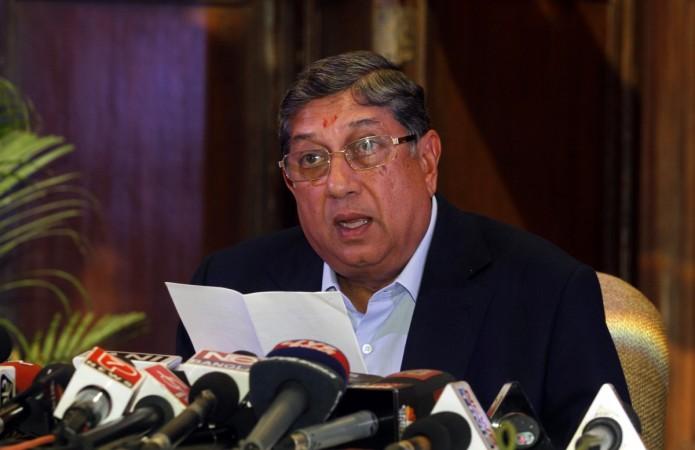
In a landmark event, Rupa Gurunath has been elected, unopposed, the president of Tamil Nadu Cricket Association (TNCA). This is a watershed moment in Indian cricket as it is the first time that a woman would be heading a state cricket body affiliated to the Board of Control for Cricket in India (BCCI).
But before celebrations start over another 'crack in the 'glass ceiling,' it is necessary to remember some key points. To begin with, Gurunath is the daughter of N Srinivasan, a former president of TNCA, BCCI and even ICC. He was also someone embroiled in the conflict of interest case regarding his association with Indian Premier League (IPL) side Chennai Super Kings (CSK) while being at the helm of the country's top cricket governing body.
What is even more interesting is the fact that Rupa is the wife of Gurunath Meiyappan, the man who was arrested and interrogated on charges of betting during the 2013 season of IPL. The fact that Rupa got elected without any contest shows that the Srinivasan family remains firmly in control of Tamil Nadu cricket.

It may sound unfair but many people would regard her as the proxy of her father who wants to pull the strings from behind. In this scenario, it would be ludicrous to see her ascension to the top administrative position of Tamil Nadu cricket as a victory for gender equality in cricket.
The presence of Diana Edulji in the Committee of Administrators (CoA) overseeing the functioning of BCCI and the role of Shantha Rangswamy in picking the coach of the Indian team as a member of Cricket Advisory Committee are much more significant steps towards bringing about a greater involvement of women in administrative affairs of the most-loved sport in India.
But it's not merely nepotism that is a concern here. What is even more worrying is the defiance of N Srinivasan to relinquish direct control of Tamil Nadu cricket. Srinivasan reigned over TNCA for a period of 15 years. He stepped down in 2017 only because the Supreme Court of India barred people above the age of 70 from holding office.
However, as is the case in Indian politics, people get their relatives to occupy their positions while they are unable to hold it. This creates a new problem for the Supreme Court in its bid to bring about a more clean, transparent and professional atmosphere in the world of cricket administration and BCCI.

















